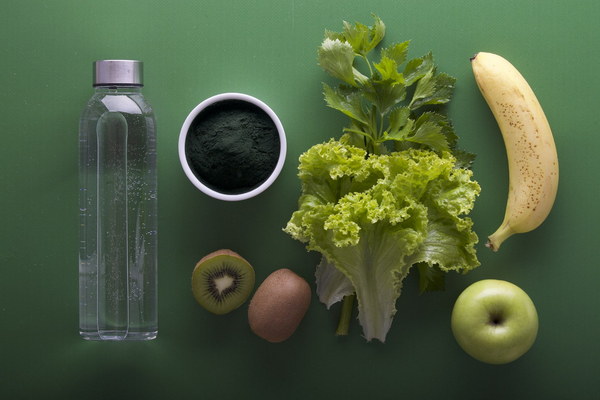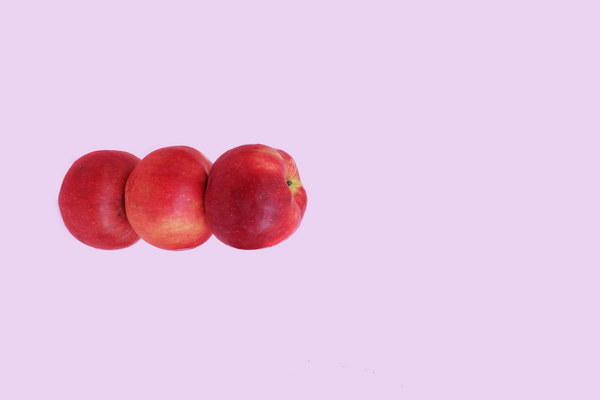Affordable Solutions Understanding the Costs of Traditional Chinese Herbs for Dampness Relief
In the realm of traditional Chinese medicine (TCM), dampness is considered a common health issue that can lead to a variety of ailments. TCM practitioners often recommend herbal remedies to address this condition. As with any health product, the cost of these herbs can vary widely. This article aims to shed light on the factors influencing the price of TCM herbs for dampness relief and provide some insight into the affordability of these treatments.
The cost of traditional Chinese herbs for dampness relief is influenced by several factors, including the quality of the herbs, the quantity needed for treatment, and the specific formula prescribed by the TCM practitioner.
Quality of Herbs:
High-quality TCM herbs are often sourced from reputable suppliers who adhere to stringent standards of purity and potency. These herbs are typically more expensive due to the meticulous selection process and the care taken during cultivation, harvesting, and processing. On the other hand, lower-quality herbs may be cheaper, but they might not be as effective and could potentially contain harmful contaminants.
Quantity Needed:
The quantity of herbs required for treatment depends on the severity of the dampness and the individual's body weight. A more severe case might necessitate a larger quantity of herbs, which can increase the overall cost. Additionally, certain formulas may require more expensive ingredients, further affecting the price.
Prescribed Formula:
The specific formula prescribed by the TCM practitioner plays a significant role in determining the cost. Formulas that combine multiple herbs or include rare or expensive ingredients tend to be more expensive. However, the effectiveness of the formula in addressing the individual's specific needs can often outweigh the cost.

Affordability:
Despite the potential for high costs, traditional Chinese herbs for dampness relief can still be considered affordable for many. Here are a few reasons why:
1. Cost-Effective Alternatives: Many TCM practitioners offer alternative treatment options, such as modifying the formula or suggesting less expensive herbs, to accommodate patients with budget constraints.
2. Long-Term Benefits: While the initial cost of treatment may seem high, the long-term benefits of TCM herbs, such as improved overall health and well-being, can be well worth the investment.
3. Self-Care Practices: TCM emphasizes the importance of self-care, which can help reduce the frequency of dampness-related symptoms and, in turn, the need for ongoing treatment.
4. Government Support: Some countries offer subsidies or insurance coverage for TCM treatments, making them more accessible and affordable for the general population.
To summarize, the cost of traditional Chinese herbs for dampness relief can vary significantly based on quality, quantity, and the prescribed formula. However, with the availability of alternative options and the long-term benefits of TCM treatments, these herbs can still be considered affordable for many individuals. It's essential to consult with a qualified TCM practitioner to determine the most suitable treatment plan and to find a balance between quality and cost.









